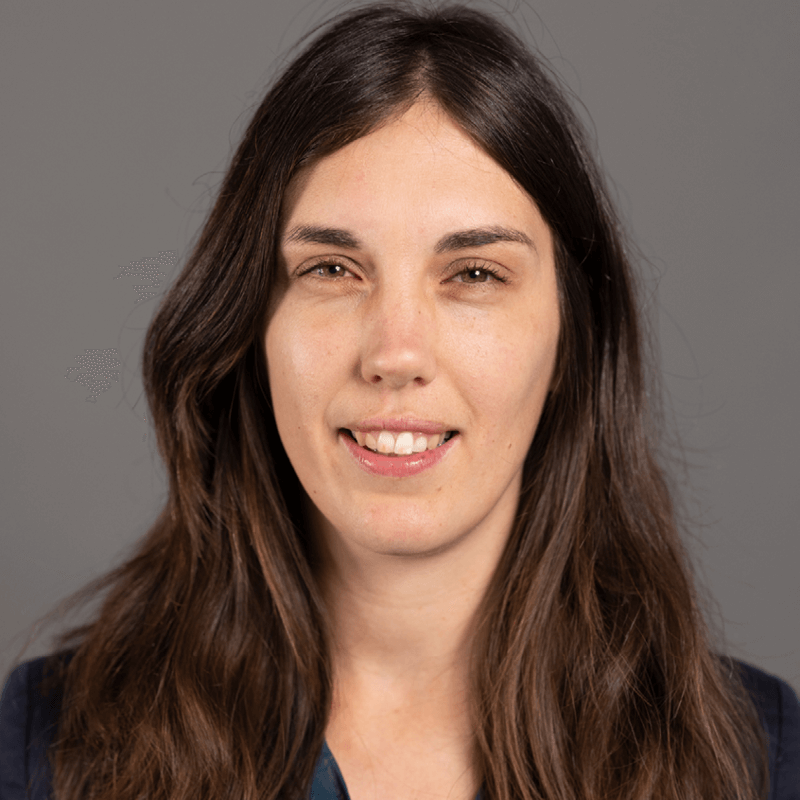Innovation lab for the education of the future
Society is facing major challenges. On the one hand, the way we obtain information has changed greatly due to digitalization, and on the other hand, cooperative and interdisciplinary approaches are needed to make learning and education around topics such as climate change, democracy, social cohesion, new media cultures, gender and artificial intelligence possible in schools.
Paris Lodron University Salzburg and the Salzburg University of Teacher Education are therefore opening the Innovation Lab for Education “INTER-DI-KO”: “Interdisciplinarity – Digitization – Cooperation” from fall 2022 to test new educational formats. Therefore, the INTER-DI-KO innovation lab is about bringing together three areas that will significantly shape the teaching of the future:
- Cross-disciplinary issues in the face of 21st century societal crises
- Technological change in knowledge communication
- Cooperation between school, college and university
The goal of the innovation lab is to test how an innovative learning environment can be used to build “future skills” in students. The 4 C’s – Collaboration, Creativity, Communication, Critical Thinking – are the focus; digital tools are the driver to find new forms of communication. “In the innovation lab, all stakeholders involved in teaching – teachers, students, school administrators, as well as student teachers and researchers – will be involved in testing new teaching formats,” says the project’s director on the university side, Prof. Ulrike Greiner. Particular attention is being paid to how teachers can teach socially relevant topics such as climate change, democracy, social cohesion, new media cultures, gender and artificial intelligence in schools. A number of Salzburg schools have already expressed interest in participating in the innovation lab.
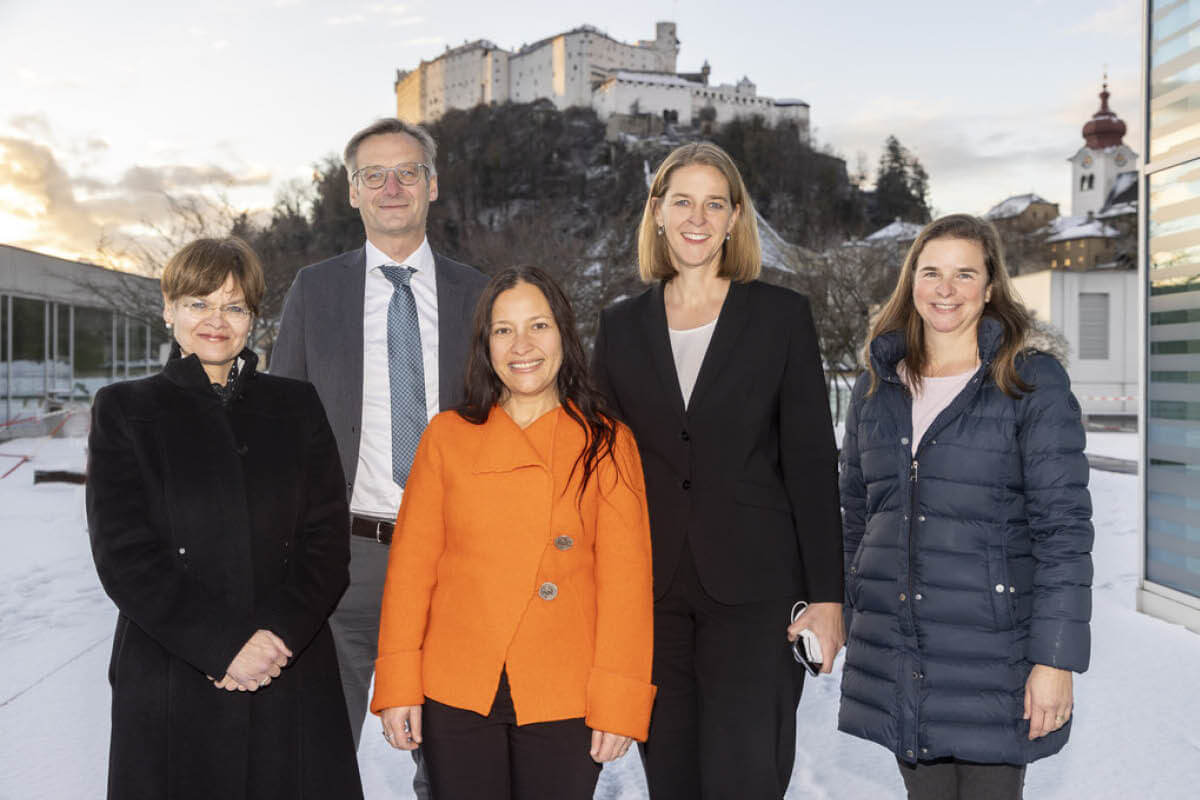
Space for testing technology
As part of this project, an innovation lab will be created at the PH Salzburg Stefan Zweig, which will be equipped with digital technologies. In addition, a mobile lab will be set up that can be used on site at the schools. These labs will be available to the project participants for testing teaching innovations. For Vice Rector Prof. Martin Weichbold (PLUS) and Rector Prof. Daniela Martinek (PH), this project very clearly reinforces the forward-looking cooperation between the institutions at the site. In this context, EdTech Austria, which is located at ITG – Innovationsservice für Salzburg, provides a large network of companies, education experts as well as decision makers and cooperates with the entire project team.
“Digital teaching and learning applications – so-called EdTech solutions – have become indispensable in schools since the beginning of the pandemic at the latest. We have made great progress in terms of technological infrastructure, but in which teaching settings digital tools lead to the best learning outcomes for students is still an open question in good part. With this new project, we can now test innovative EdTech solutions in Salzburg, which is unique for Austria, deliver empirical results and create added value for all stakeholders,” says Hannes Aichmayr, project manager of EdTech Austria.
Focus on students and student teachers
The innovation lab will start with two concrete projects. In “Giving Students a Voice,” students actively participate in the development of lessons by becoming media producers. They learn how to prepare school knowledge and knowledge they have acquired themselves in the media – with podcasts, short films, videos, blogs, etc. In the process, they acquire not only specialist knowledge, but also the necessary skills. In addition to specialist knowledge, they also acquire digital know-how and media skills, reports Prof. Christine Trültzsch-Wijnen, who is responsible for the project at the University of Education. The second project, “Developing the Lessons of the Future,” focuses on student teachers. Students develop new, digital teaching materials for socially relevant topics and their cooperative processing.
Funding makes innovation lab possible
The new innovation labs are funded by the Innovation Foundation for Education. In this way, the foundation supports the establishment and operation of spaces for testing and developing innovative teaching and learning methods and EdTech solutions. Five innovation labs in Austria were awarded the funding program, including the Salzburg Innovation Lab. More than 700,000 euros will be made available for this purpose, 50 percent of which will be financed by the Austrian Research Promotion Agency (FFG) and 50 percent by the University of Salzburg, the Salzburg University of Education and the province of Salzburg. “With this educational laboratory, technological change in knowledge communication is being actively shaped. When planning the innovation lab, we were convinced that digitization would enable new teaching formats. In the meantime, the need in the wake of the Corona crisis has increased digital competence in education very quickly. It is important to incorporate these experiences and let the positive results flow into future developments. It is a project that will help to lift the wings of our children in the future,” says Landesrätin Mag. Klambauer in her statement.
More articles
The following articles might also interest you.
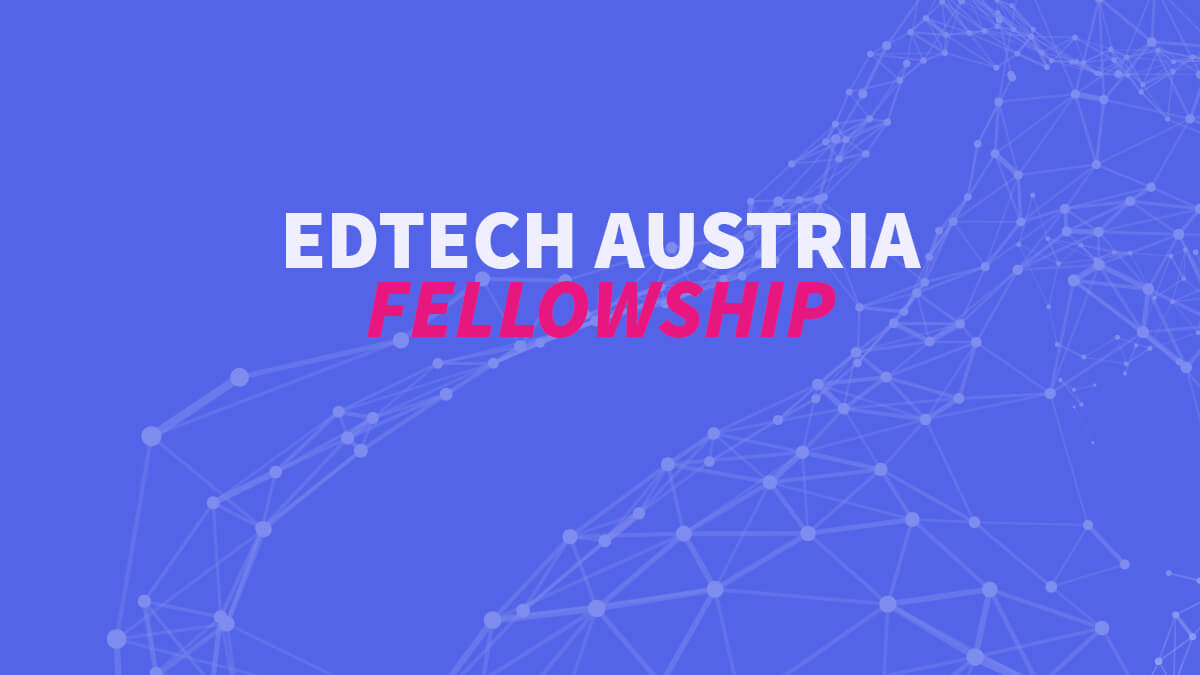
EdTech Austria Fellowship
24. October 2024
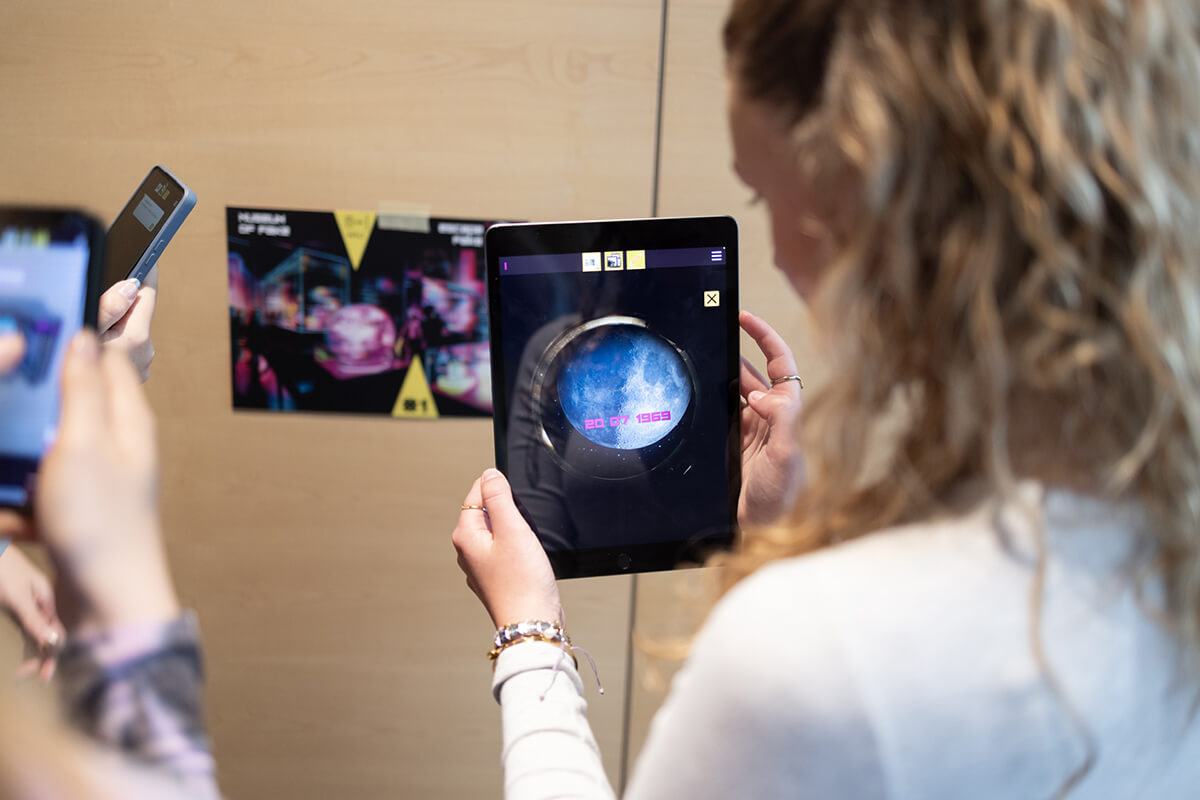
AR, VR and XR: Shaping Learning through Virtual Worlds
30. June 2025
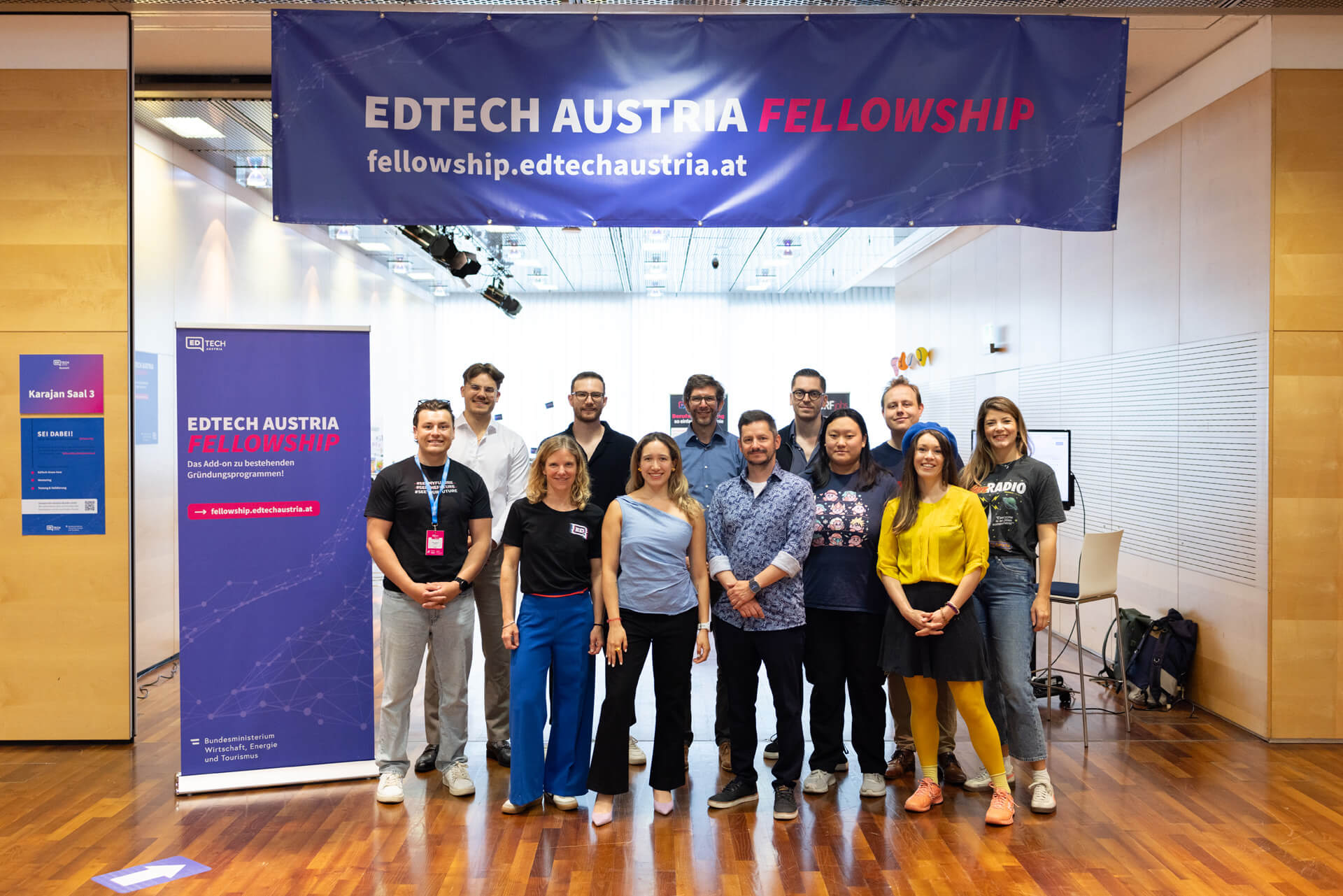
EdTech for all, all for EdTech – shaping the world of education together
18. June 2025
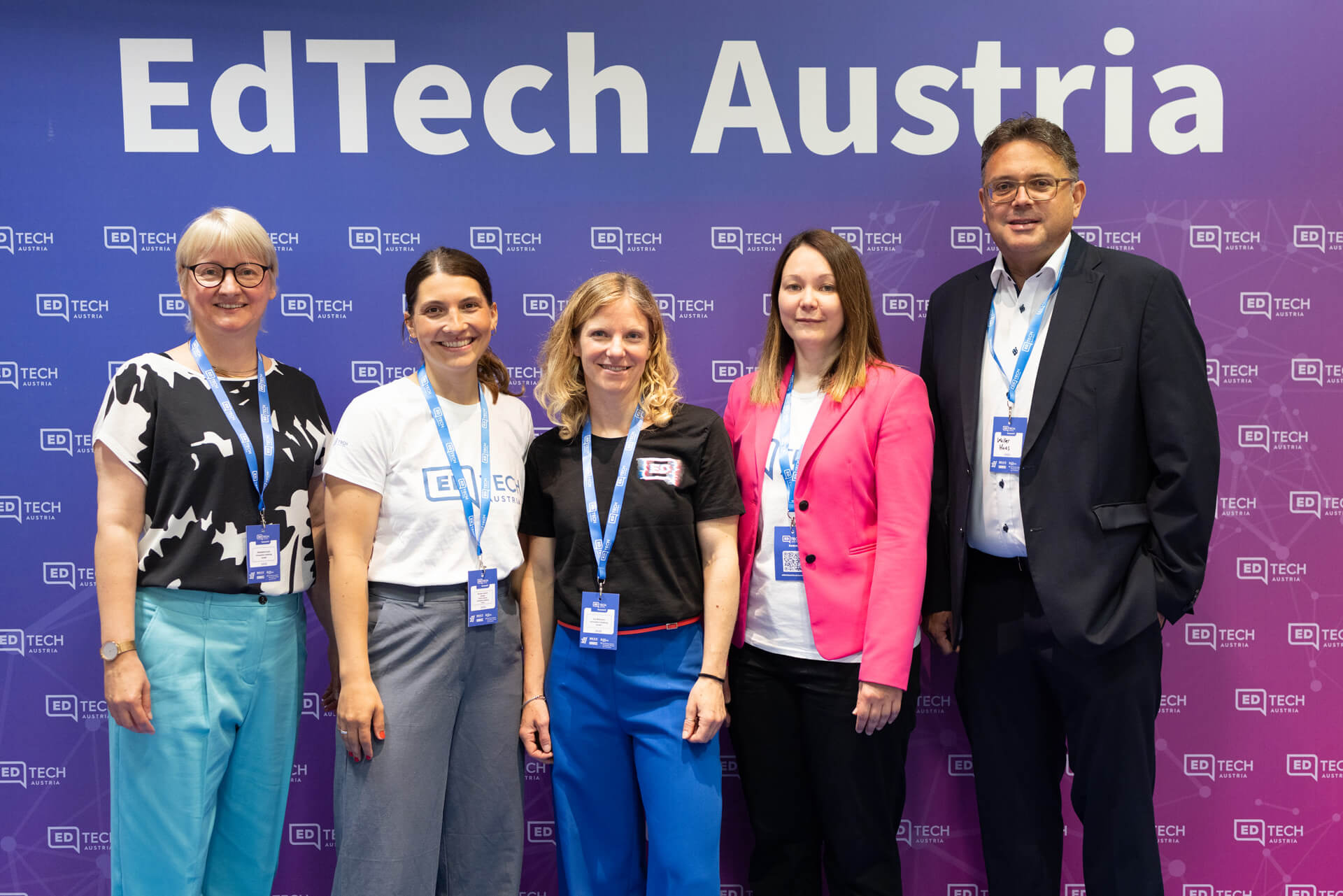
Real-World Practice Meets Innovation: The Fourth EdTech Austria Summit
3. June 2025
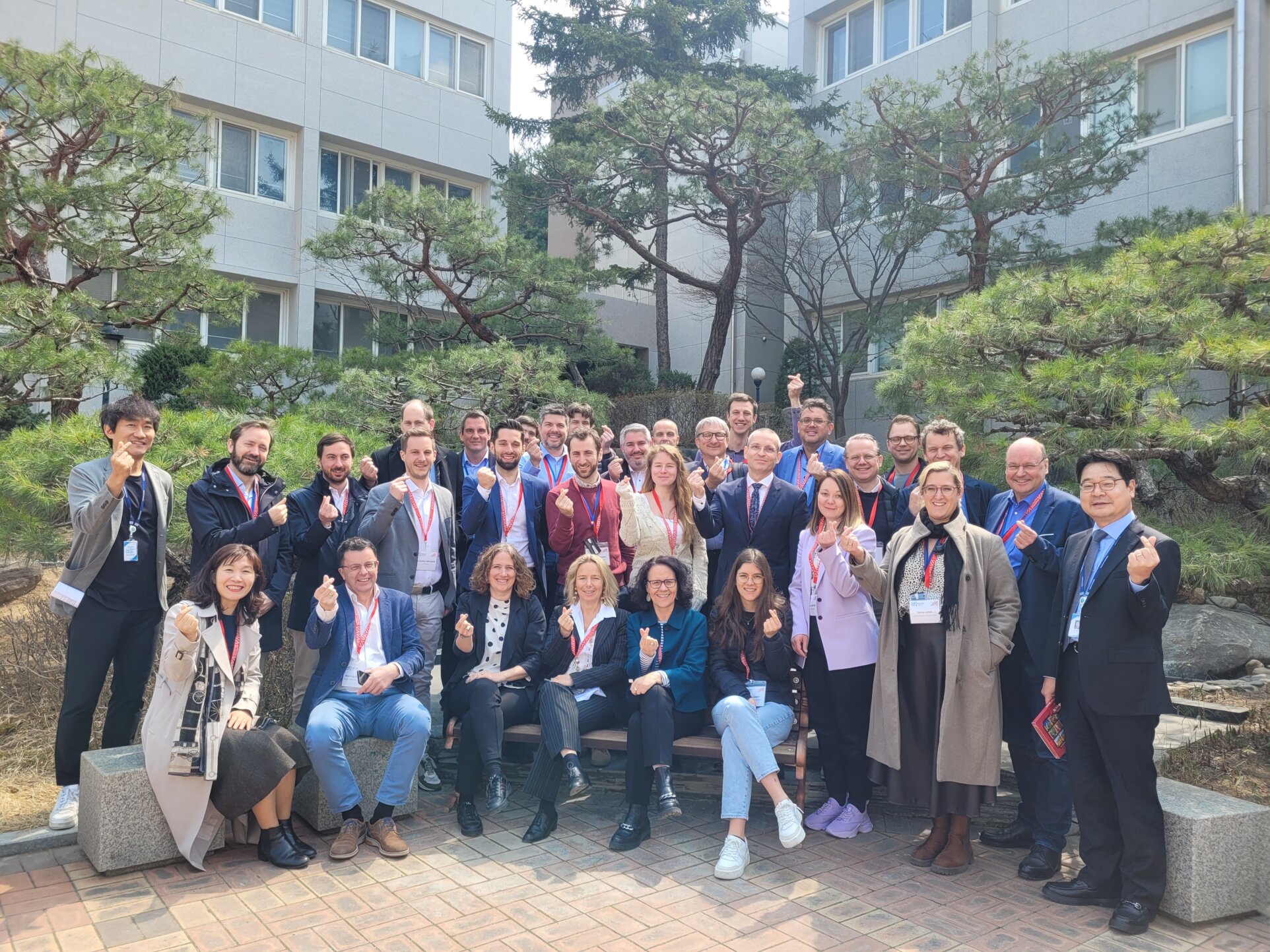
South Korea: How technology, culture and the courage to innovate are shaping education
30. April 2025
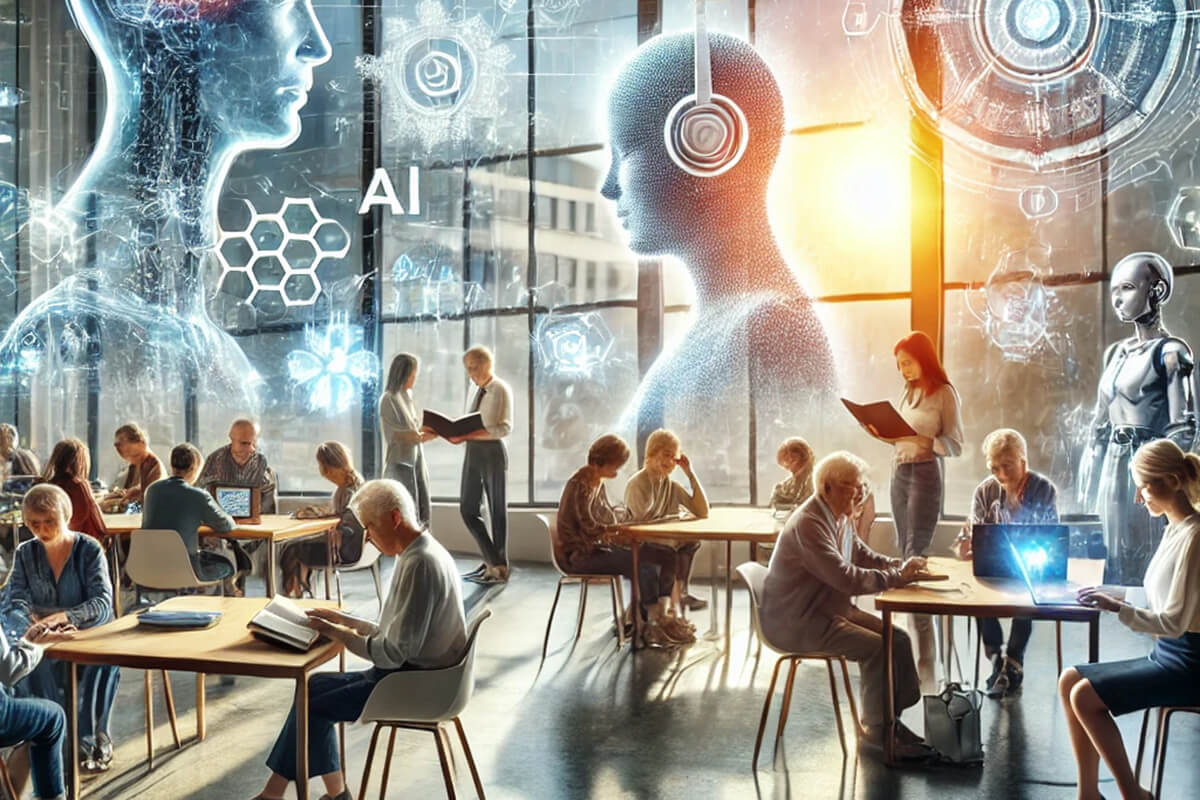
Lifelong Learning in Transition: Opportunities and Challenges of AI
17. January 2025
